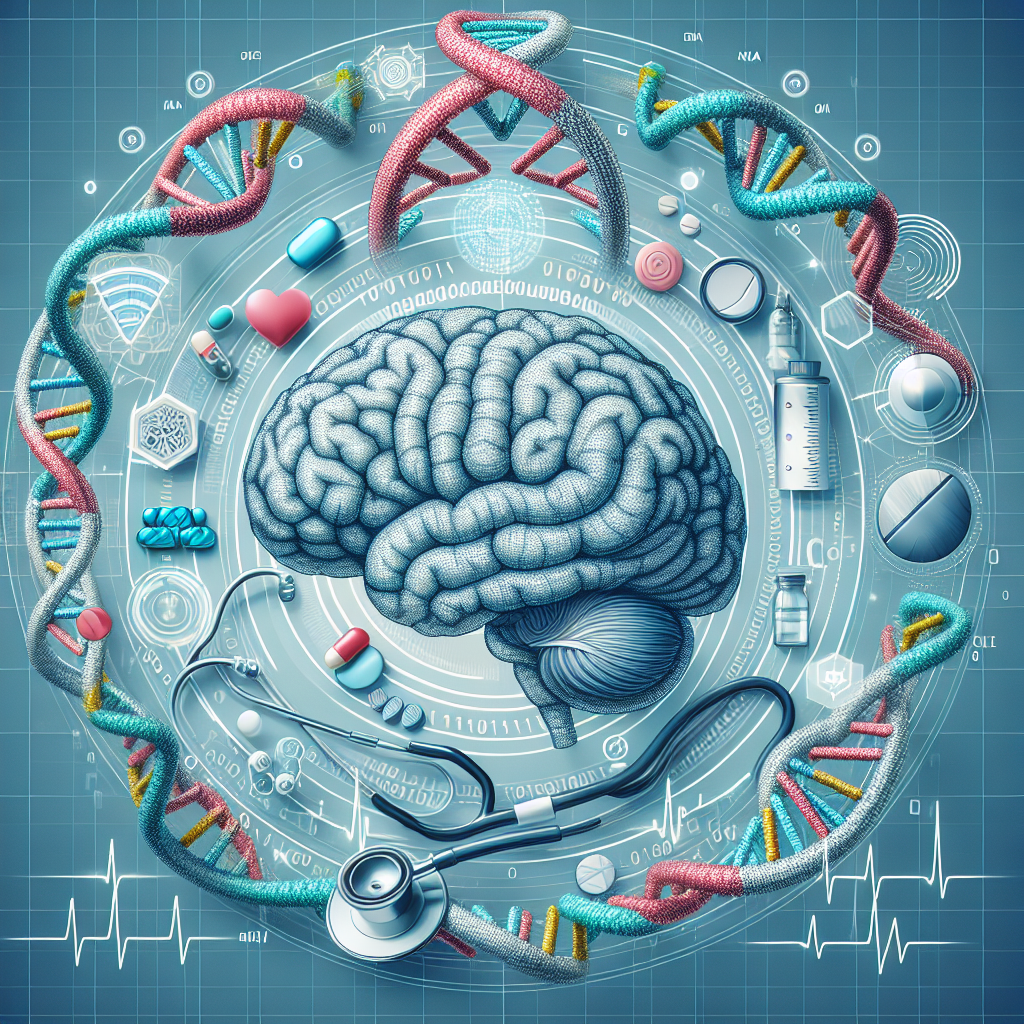AI Deployment in Genomics: Improving Healthcare
In recent years, the field of genomics has experienced rapid advancements, thanks in large part to the deployment of artificial intelligence (AI) technologies. AI has revolutionized the way we analyze and interpret genetic data, leading to significant improvements in healthcare outcomes. This article will explore the role of AI in genomics and its impact on healthcare, as well as address some common questions and concerns about this emerging technology.
What is Genomics?
Genomics is the study of an organism’s complete set of DNA, including all of its genes. This field of study involves sequencing, analyzing, and interpreting the genetic information contained within an organism’s DNA. Genomics plays a crucial role in various areas of healthcare, including disease prevention, diagnosis, and treatment.
Traditional methods of analyzing genetic data involve time-consuming and labor-intensive processes that can be prone to human error. However, with the advent of AI technologies, researchers and healthcare professionals now have access to powerful tools that can process and analyze vast amounts of genetic data quickly and accurately.
How AI is Improving Genomics
AI technologies, such as machine learning and deep learning algorithms, have been instrumental in advancing genomic research and improving healthcare outcomes. These technologies can analyze complex genetic data sets, identify patterns and correlations, and generate insights that were previously inaccessible through traditional methods.
One of the key ways in which AI is improving genomics is by enabling researchers to identify genetic markers associated with disease risk. By analyzing large-scale genetic data sets, AI algorithms can pinpoint specific genetic variations that are linked to certain diseases, allowing healthcare providers to develop personalized treatment plans for patients based on their genetic profiles.
AI is also revolutionizing the field of precision medicine, which aims to tailor healthcare treatments to individual patients based on their unique genetic makeup. By analyzing genetic data using AI technologies, healthcare providers can identify the most effective treatments for each patient, leading to better outcomes and reduced side effects.
In addition to disease prevention and treatment, AI is also being used to improve the efficiency of genetic testing and research. By automating the analysis of genetic data, AI technologies can process large volumes of data quickly and accurately, enabling researchers to make discoveries at a much faster pace than was previously possible.
Challenges and Concerns
While the deployment of AI in genomics has the potential to revolutionize healthcare, it also raises several challenges and concerns. One of the primary concerns is the issue of data privacy and security. Genetic data is highly sensitive information that can reveal intimate details about an individual’s health, ancestry, and predisposition to certain diseases. As such, it is essential to ensure that robust data security measures are in place to protect this information from unauthorized access or misuse.
Another challenge is the need for transparency and interpretability in AI algorithms. As AI technologies become increasingly complex, it can be difficult to understand how these algorithms arrive at their conclusions. This lack of transparency can make it challenging for healthcare providers to trust AI-driven insights and make informed decisions based on this information.
Furthermore, there is a concern about the potential for bias in AI algorithms. If the data used to train these algorithms is not representative of the population as a whole, it can lead to biased results that disproportionately impact certain groups. It is essential for researchers and healthcare providers to be aware of these biases and take steps to mitigate them when deploying AI in genomics.
FAQs
Q: How is AI being used in genomics?
A: AI is being used in genomics to analyze genetic data, identify disease markers, personalize treatment plans, and improve the efficiency of genetic testing and research.
Q: What are some of the benefits of using AI in genomics?
A: Some of the benefits of using AI in genomics include faster and more accurate analysis of genetic data, personalized treatment plans based on individual genetic profiles, and improved healthcare outcomes.
Q: What are some of the challenges of using AI in genomics?
A: Some of the challenges of using AI in genomics include data privacy and security concerns, lack of transparency and interpretability in AI algorithms, and the potential for bias in AI-driven insights.
Q: How can researchers and healthcare providers address these challenges?
A: Researchers and healthcare providers can address these challenges by implementing robust data security measures, ensuring transparency and interpretability in AI algorithms, and being aware of and mitigating biases in AI-driven insights.
In conclusion, the deployment of AI in genomics has the potential to revolutionize healthcare by enabling personalized treatment plans, improving the efficiency of genetic testing, and advancing our understanding of genetic diseases. While there are challenges and concerns associated with the use of AI in genomics, it is essential for researchers and healthcare providers to address these issues to ensure the responsible and ethical deployment of AI technologies in healthcare.

